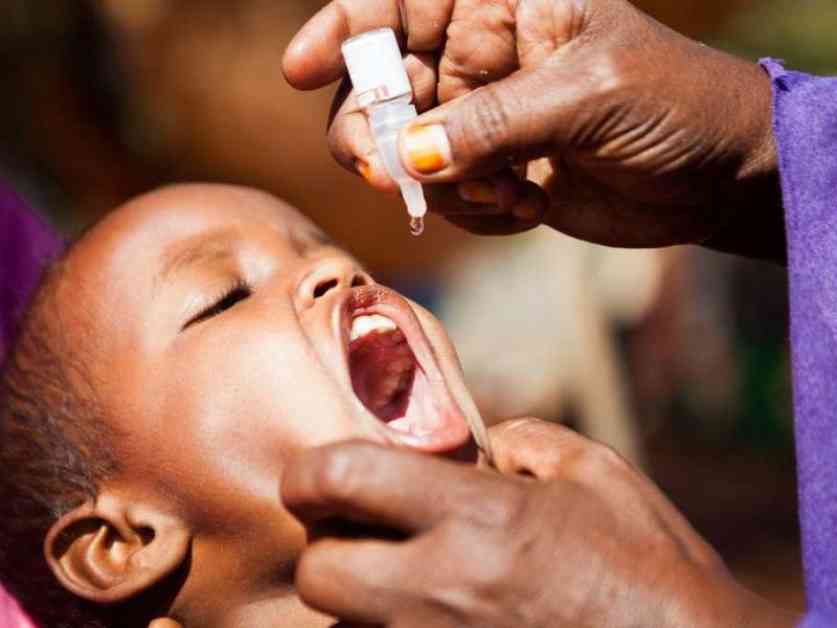Tshopo: Over 165,000 Children at Risk Due to Under-Vaccination
In the heart of the Tshopo province, a dire situation has emerged regarding the vaccination status of children, putting over 165,000 of them at risk. According to the Expanded Program on Immunization (EPI) reported on Monday, January 20, 2025, a staggering 101,000 children have not completed their vaccination schedules, with an additional 65,000 children not vaccinated at all.
Underlying Factors Contributing to Under-Vaccination
Various factors have contributed to this worrying trend, with insecurity being a major driver. Dr. Stéphane Itekama, the provincial coordinator of the EPI, highlighted that territories such as Opala, Ubundu, the rural commune of Lubunga, and the Yakusu health zone are significantly affected by the violent conflict between the Mbole and Lengola communities. In addition, the Opienge region in the Bafwasende territory faces frequent clashes among armed groups. The situation is further exacerbated by floods and the intensification of mining activities, leading to the destruction of essential healthcare infrastructure and population displacement.
Call for Action and Improvement in Vaccination Coverage
Dr. Stéphane Itekama expressed concern over the emergence of preventable diseases due to lack of vaccination coverage. This year alone, the province has reported nearly six cases of polio across various territories, including in the city of Kisangani, along with measles outbreaks. Dr. Itekama emphasized the urgent need to improve vaccination coverage and called on political and administrative authorities to take action in light of the concerning statistics. The EPI relies on the material and financial support of the Government’s technical partners to address this pressing issue.
Appeal for Support and Collaboration
The Expanded Program on Immunization appeals to the collective effort of all stakeholders to ensure that every child in Tshopo receives essential vaccinations to safeguard their health and well-being. The collaboration between government authorities, healthcare providers, and community members is crucial in addressing the root causes of under-vaccination and implementing sustainable solutions to protect the most vulnerable members of society.
As we reflect on the challenges faced by children in Tshopo, let us remember the importance of vaccination in preventing diseases and promoting overall health. By working together and prioritizing the well-being of our children, we can create a safer and healthier future for generations to come.

















